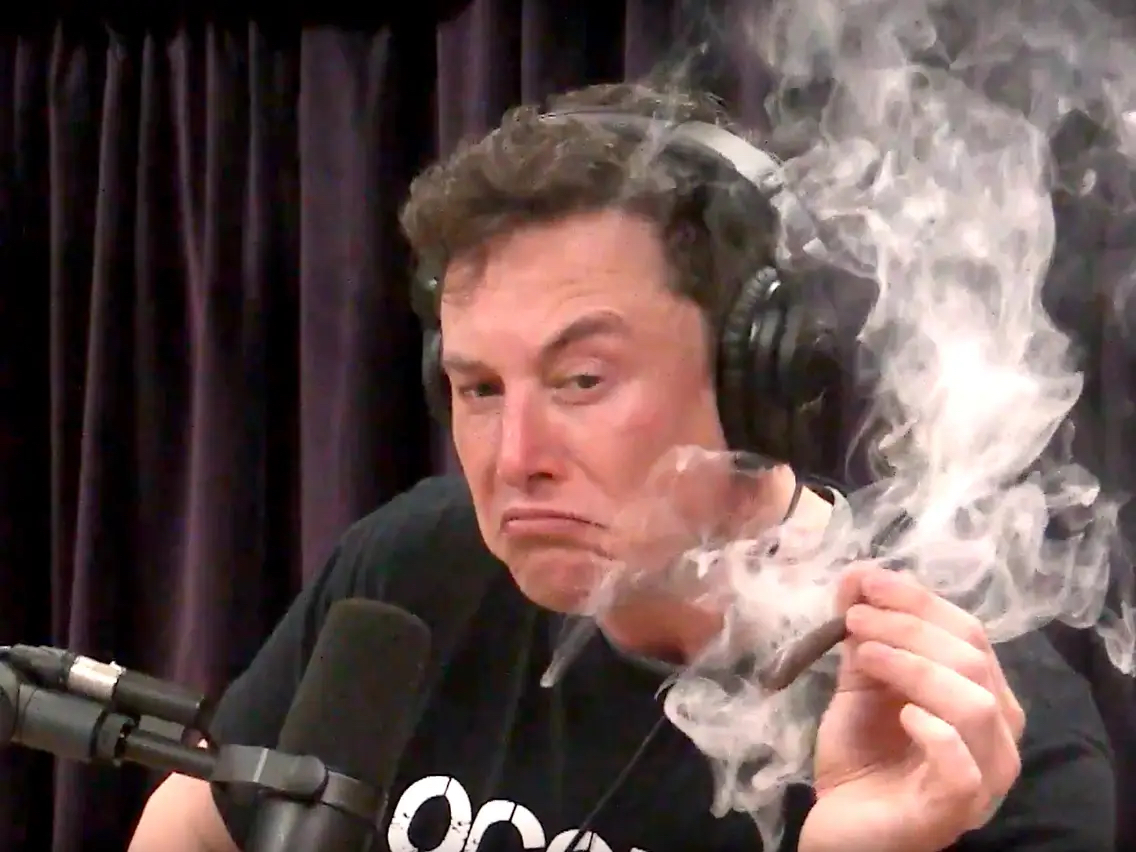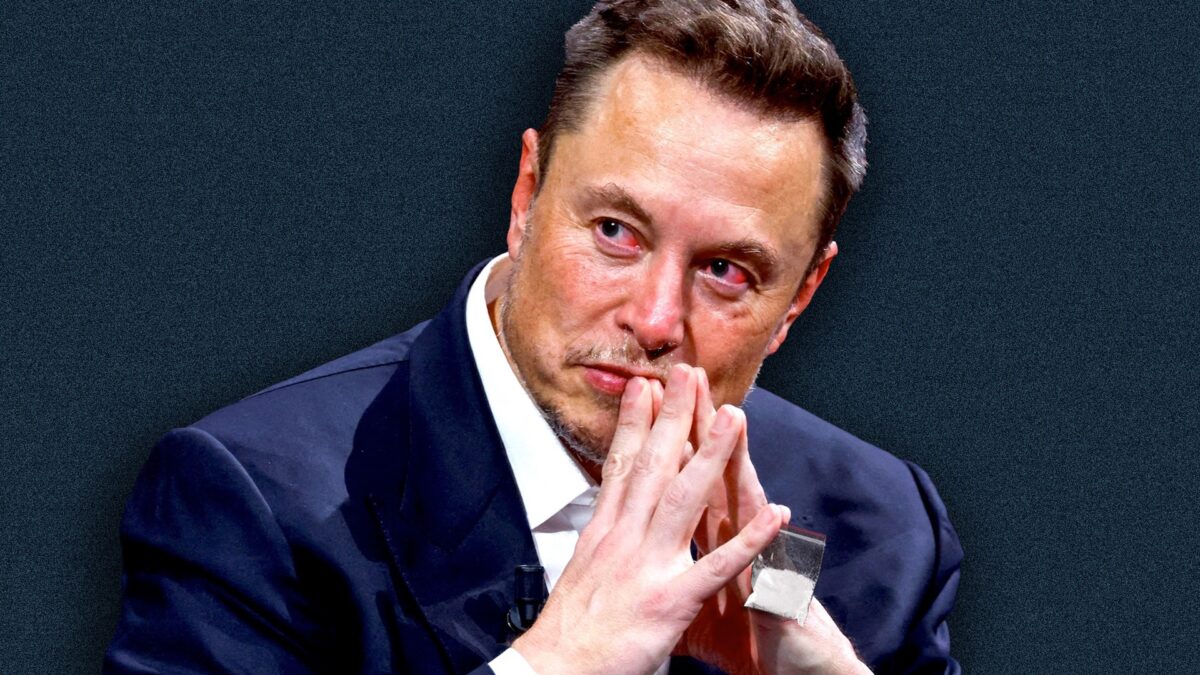Elon Musk — the multibillionaire entrepreneur, CEO of Tesla and controversial owner of Twitter — has reportedly turned to ketamine to manage his depression. In a Twitter outburst on Tuesday night, Musk also criticised the over-diagnosis of depression in the United States and expressed scepticism about conventional treatments like selective serotonin reuptake inhibitors (SSRIs), contributing to a wider, fast-growing debate around psychedelics and mental health.
Controversial boss of Tesla, lifelong proponent of Dogecoin, proud inheritor of an apartheid South Africa emerald mine and (until recently) CEO of Twitter. Safe to say, Elon Musk has a pretty varied CV that has inspired envy amongst his swathes of devoted technocrat acolytes and thirteen-year-old boys around the globe. Now, however, it seems he can add “pharmaceutical expert” to that list after it was revealed that he regularly uses ketamine – every Sydneysider’s favourite nose beverage – to manage his mental health.
After a surprising outburst on Twitter wherein Musk bashed the credibility of conventional antidepressants and touted ketamine as a more effective substitute, publications across the internet were quick to shed light on Musk’s own alleged use of the drug, revealing that he microdoses ketamine for depression and takes full-blown doses during social gatherings.
This revelation adds to the series of controversies surrounding Musk’s use of so-called recreational drugs, including his infamous encounters with marijuana. While some hail Musk as beckoning in a new age for psychedelic mental health treatment, others have pointed to a wider drug problem in Silicon Valley, with tragic incidents involving high-profile tech executives raising concerns about substance abuse within the tech industry.
WATCH: Attitudes around psychedelics and mental health are changing as research continues.
According to insiders, Musk has acknowledged using ketamine in controlled doses for managing his depressive symptoms and said that he finds microdosing the drug to be a far preferable option to using more conventional antidepressants such as SSRIs, which are often prescribed for anxiety disorders as they’re said to increase serotonin levels in the brain.
In a surprisingly frank outburst, however, Musk made it clear that he finds conventional antidepressants to have dangerous and detrimental side effects.
In the tweet, Musk expressed his belief that depression is often overdiagnosed and criticised the tendency of SSRIs to “zombify” individuals, citing personal interactions with close friends that use the drugs. Ketamine, when taken occasionally, is a much more appealing choice for the billionaire who caused a comparable uproar after smoking marijuana during an episode of The Joe Rogan Experience in 2018, resulting in plummeting shares for Tesla and SpaceX.
Depression is overdiagnosed in the US, but for some people it really is a brain chemistry issue.
— Elon Musk (@elonmusk) June 27, 2023
But zombifying people with SSRIs for sure happens way too much. From what I’ve seen with friends, ketamine taken occasionally is a better option.
Some have taken Musk’s view to represent part of a wider issue with drug misuse in the Silicon Valley community, pointing towards a string of tragic, sometimes violent incidents involving tech founders and their favourite substances.
Earlier this year, Cash App founder Bob Lee was murdered in San Francisco, allegedly linked to a confrontation regarding his drug use. Former Zappos CEO Tony Hsieh battled an addiction to ketamine and nitrous oxide, which ultimately led to his death in 2020. Perhaps the most memorable incident, however, was when Google executive Forrest Hayes lost his life in 2013 after being injected with heroin by a prostitute aboard his boat…
Others, however, have taken a more progressive stance, suggesting that Musk is tapping into a very hot debate around the power of psychedelic and psychedelic-adjacent drugs to provide new treatment options for stubborn mental health issues. With MDMA and psilocybin set to be legalised for therapeutic use in Australia in a matter of days, Musk’s intervention comes at a particularly pertinent moment. Research is ongoing, but studies appear to support Musk’s approach in spite of the media furore.

Pioneers like Robin Carhart Harris have been extolling the virtues of psychedelic drugs for years, but recent research from the Mass General Brigham Hospital in Boston has pointed to ketamine’s specific potential to relieve depression: the hospital recruited 403 patients with severe depression who didn’t respond positively to standard treatments. Among the participants who received ketamine through an intravenous drip, 55% reported an alleviation of their symptoms over the following six months.
As Elon Musk explores new frontiers of innovation and controversy in equal measure, it seems he’s now navigating the uncharted territories of mental health. From electric cars to space exploration, Musk’s eclectic endeavours know no bounds: the man’s not just reaching for the stars, but for the bags too…
